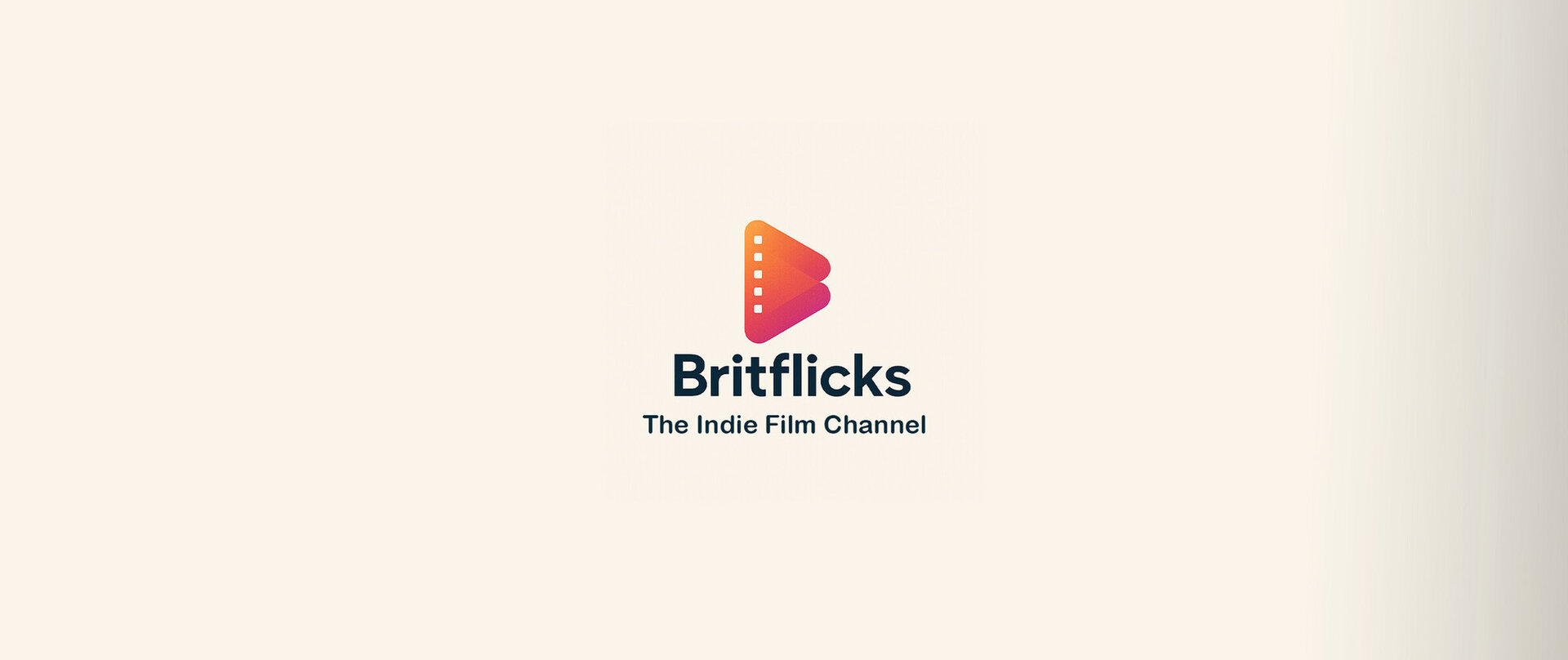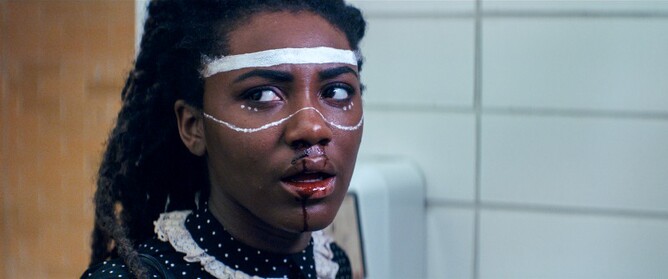KNIVES AND SKIN
Written and directed by Jennifer Reeder
Set in the rural Midwest, KNIVES AND SKIN centres on the disappearance of a young girl, Caroline Harper. From the ripples that emanate from this unprovoked, grim tragedy Jennifer Reeder resists the need to dive into a singular tale of finding the girl and solving the crime. Instead she takes a looking glass to the whole town. Surviving friends and the mother get the most attention, but KNIVES AND SKIN’s story reach reveals a cold-hearted truth no one wants to concede, that life, warts and all, just carries on. Losing a friend (or daughter, as in the mother’s case) is just an event you must learn to move past because there’s your own future to prepare for and deal with too.
Growing up is hard, it’s the stock and trade of the High School morality tale, but through KNIVES AND SKIN Reeder shows personal growth is more than just what you’re prepared to do with your boyfriend in the backseat of his car, or whether you’re straight or gay, who should you be friends with, it’s an inter-generational problem that people never fully re-solve.
What perhaps should’ve been one of the most shocking aspects of KNIVES AND SKIN is actually one of the most understated. There’s a brutal simplicity in the way Reeder, drawing on her own experiences, shows how young women’s lives are polluted by the unwanted attentions of trusted, adult men. Much like the missing Harper girl, these harrowing incidents possess enough drama for most filmmakers to make one movie, but for Reeder they’re one of the many shades of grey she wishes to expose and leave you to think about after the film.
You could compare this mystical, high school, girl noir with HEATHERS or MEAN GIRLS. It’s equally obvious to look at the wonderful ensemble cast and see a bleak DAZED AND CONFUSED for the 21stcentury. Then again, the brooding darkness that tickles the edges of KNIVES AND SKIN evokes the smalltown hell of Tim Hunter’s RIVER’S EDGE (1986).
Reeder wonderful script weaves many overlapping: sad, complex and hopeless lives across multiple generations and elevates them all to a place of hope for the future. And then there’s the wilfully left-field choices, tried and tested in her short films, like the a cappella choir singing eighties pop songs. These mellifluous moments provide an obvious show of unity amongst our uncertain teen characters. The beautiful sound created is greater than the sum of the doubting parts that make it. They also serve as jarring and fun vignettes in their own right.
Reeder’s debut feature is a thoughtful, feminist film that demonstrates a strong cinematic imagination and voice few seasoned filmmakers achieve after half a dozen attempts.


